After 25 years at the helm of British Vogue the mag’s MVP, Alexandra Shulman is stepping down as editor-in-chief. Over her tenure, the publication has woken up to the digital age, put Kate Moss on the cover a whopping 36 times and given the BBC an all-access pass. Shulman has been the longest-standing editor of British Vogue, serving for a quarter of its existence, but has said she would now like, ‘to experience a different life.’
She first joined in 1988 as features editor before leaving to edit GQ in 1990. Two years later, she returned as EoC and started her quarter of a century reign where she consistently pushed the glossy’s boundaries. From challenging fashion’s obsession with tween-looking models to publishing an article on poo (yes you read that right), here are her most un-Vogue moments…
1. When It Tried To Persuade Us To ‘Buzzfeed’ Our Look
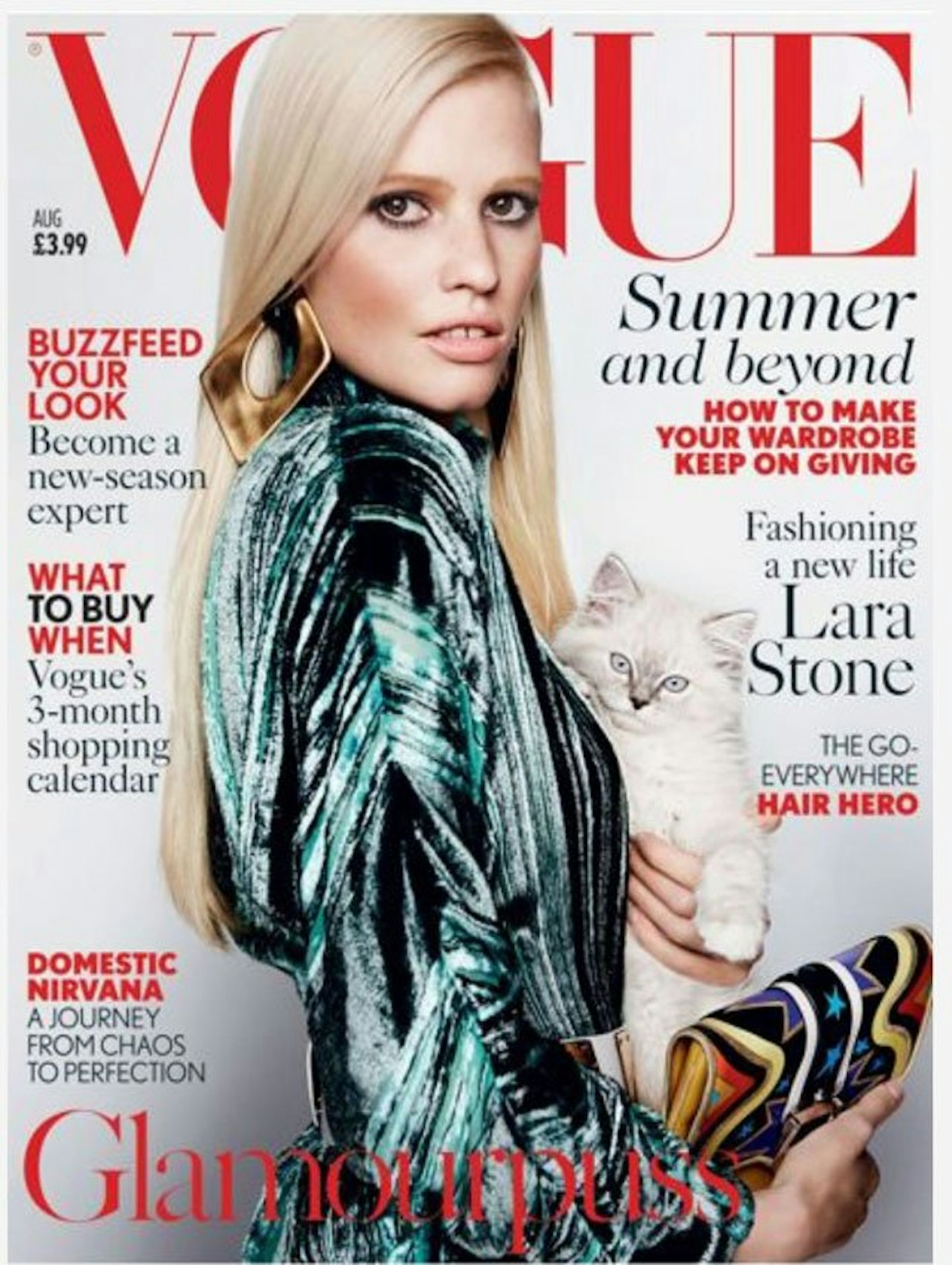
Vogue likes to be a trendsetter, but in the digital age sometimes it struggles to keep up with what’s gone viral. For instance, the time it tried to persuade women to: ‘Buzzfeed Your Look’. Buzzfeed is a website that writes listicles and circulates memes; it is not a new beauty tool or trend.
2. Decided Cleavage Was Uncool
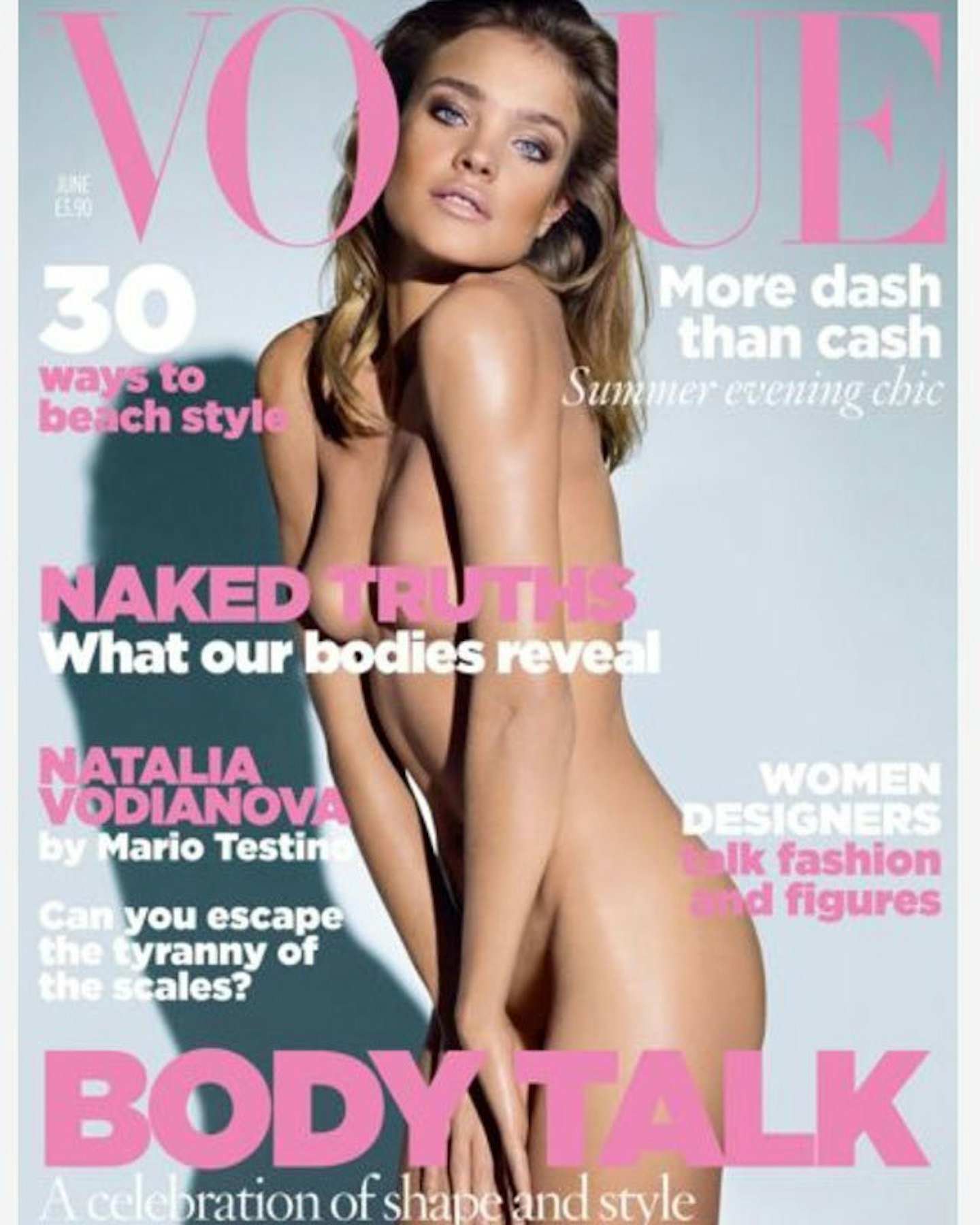
While talking to a generation that avidly follows the every move of Kim Kardashian and Emily Ratajkowski, Vogue decided last year that bodacious bosoms weren’t on trend.
3. The Time It Got Real About Poo
In an article called ‘The Last Taboo’ writer, Christa D’Souza went where Vogue had never been before. As delicately as she could, D’Souza talked about bodily emissions and colonic irrigation.
4. It Learnt From Its Mistakes
In 1996, Omega Watches sparked a media-wide debate on eating disorders, and the power advertisers have to sway a publisher’s prerogative when they threatened to pull their ads from Vogue. Omega weren't best pleased that the glossy featured waif-thin models Tish Goff and Annie Morton in their June issue. After Shulman talked the Swiss-brand down from the edge, they stayed on as advertisers. Just ten years later the now-former EoC put curve model Ashley Graham on Vogue's Jan 17 cover.
5. Went In Direct Competition With US Vogue
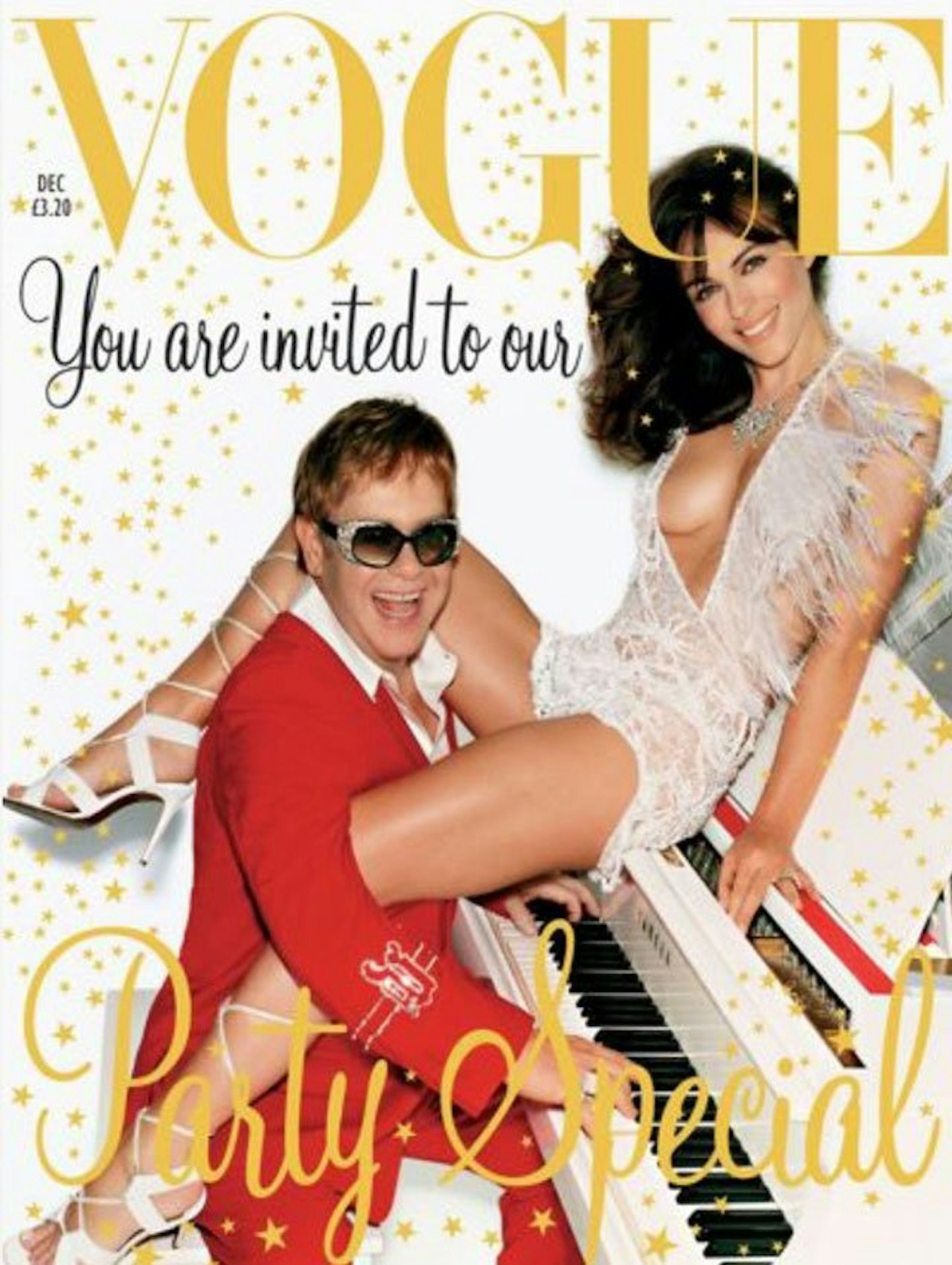
Condé Nast isn’t a happy, supportive family after all. Following the success of the September Issue, Shulman opened the doors of Vogue House to the BBC for their tell-all doc Absolutely Fashion: Inside British Vogue. Beady eyes will remember Shulman one-upping US editor Anna Wintour by switching up her editorial strategy so she could put Rihanna on her mag’s cover before Wintour.
6. It Diversified
Vogue is no longer just a magazine. It's a Café in Westfield, an annual fashion festival and the proud owner of a feeder school called Condé Nast College of Fashion & Design.
7. But, Still Lacked Diversity
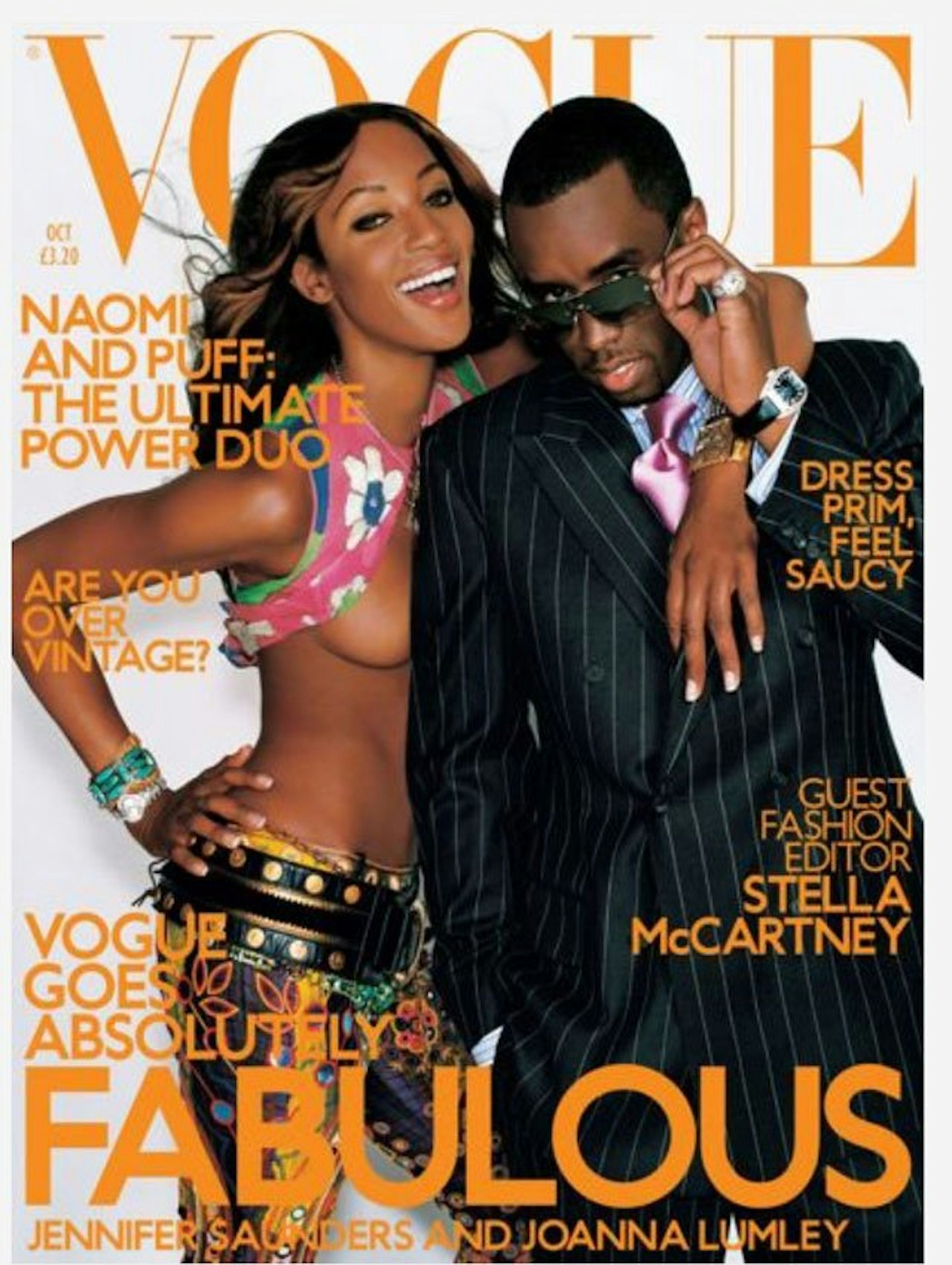
Vogue failed to reflect the industry’s efforts to be more inclusive when it took 12 years to put a solo woman of colour on its cover. Jourdan Dunn broke the mag’s all-white streak when she was featured on the front of the February 2015 issue.
8. Took A Stance on Diets And Cosmetic Surgery
Under Alex’s tenure, British Vogue has refused to publish stories about fad diets or cosmetic improvements.
9. Went Totally Rogue On Its Covers
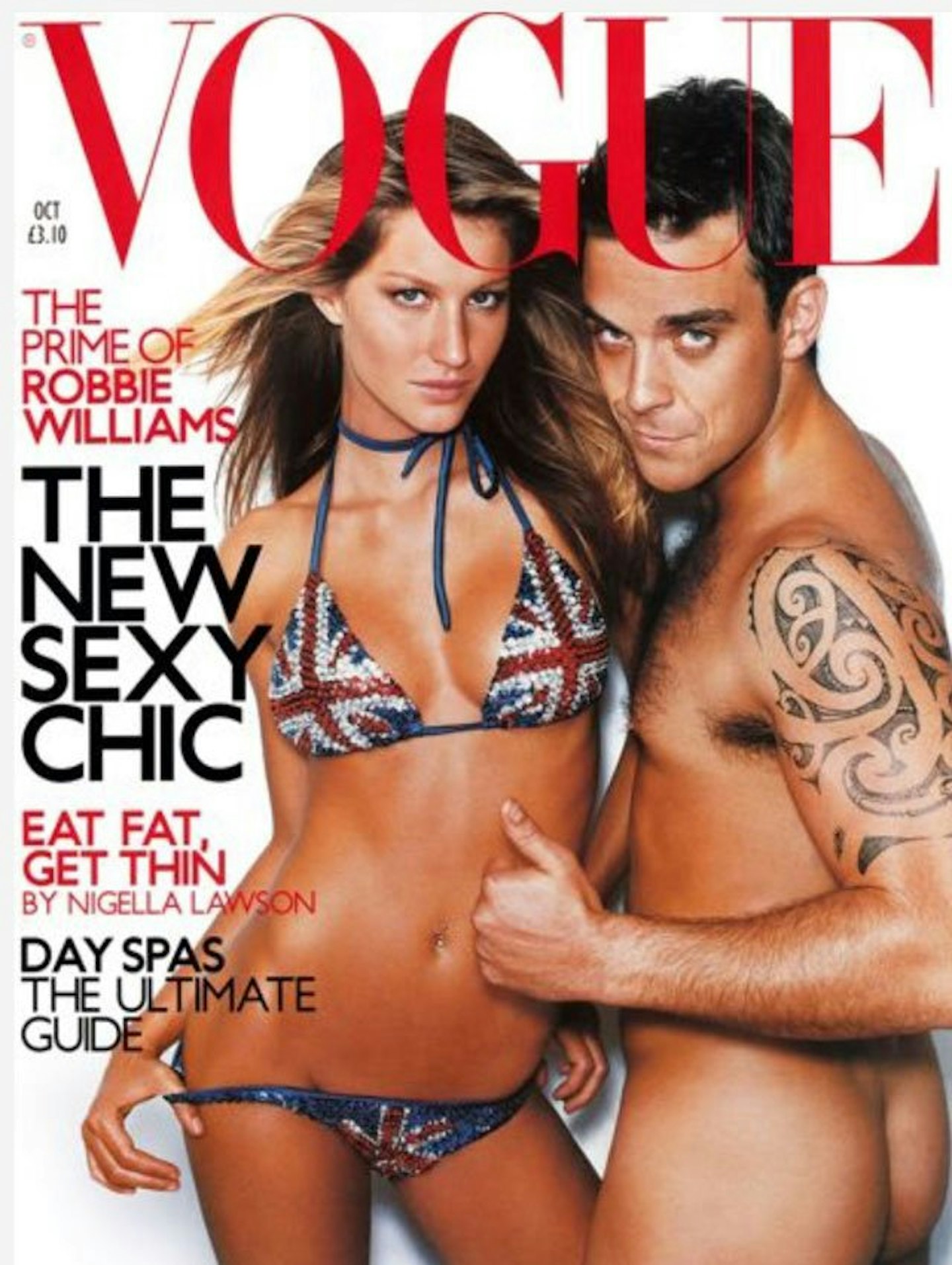
This fashion publication has made a habit of ironically featuring undressed women on its covers as well as bizarre celebrity twosomes – e.g. Gisele Bundchen and Robbie Williams, Elton John and Liz Hurley and Naomi Campbell and P.Diddy.
10. Made Unqualified People Editors
Has Kate Moss slaved away in the fashion cupboard? Or, penned a viral story? No. But that didn’t stop Vogue naming her as a contributing editor.
11. It Failed To Tell Two (Asian) Models Apart
Yes, the struggle is real. On the same day, Shulman told the Daily Mail that British Vogue – the fashion ‘bible’ and industry magazine of record - is in no way racist it was revealed they misidentified models in the Derek Lam show. In a trend piece about ‘the rise of the Asian model’ Liu Wen was credited as Du Juan. Awkward.
12. Acknowledged ‘Real Women’
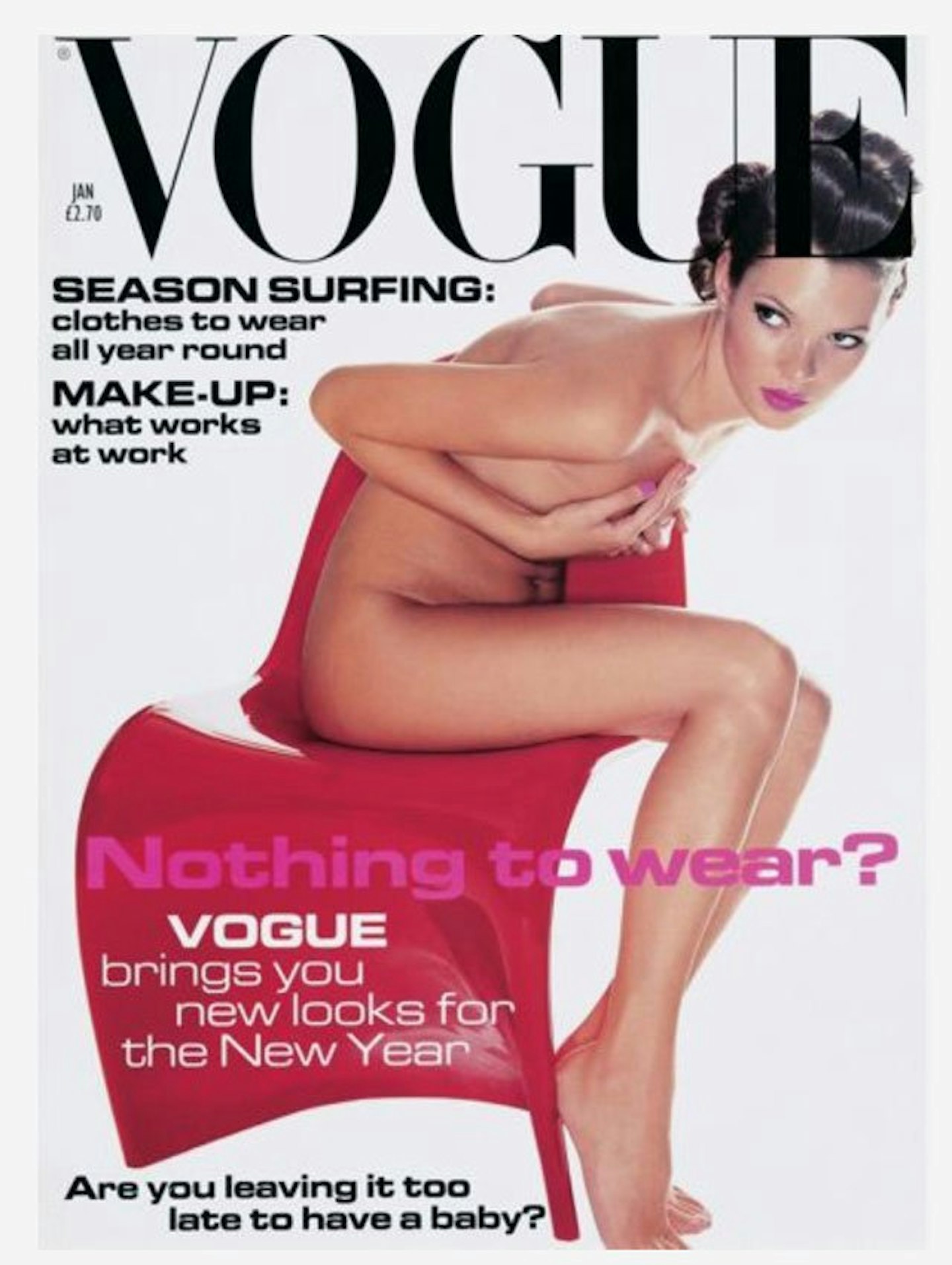
For their November 2015 issue, Shulman made the mag a ‘model-free zone’. However, she came under fire for not featuring a diverse enough cast of ‘real women’ and for putting a celeb (Emily Blunt) on the cover.
Like this? Then you might also be interested in:
Follow Lucy on Instagram @lucyalicemorris
This article originally appeared on The Debrief.
